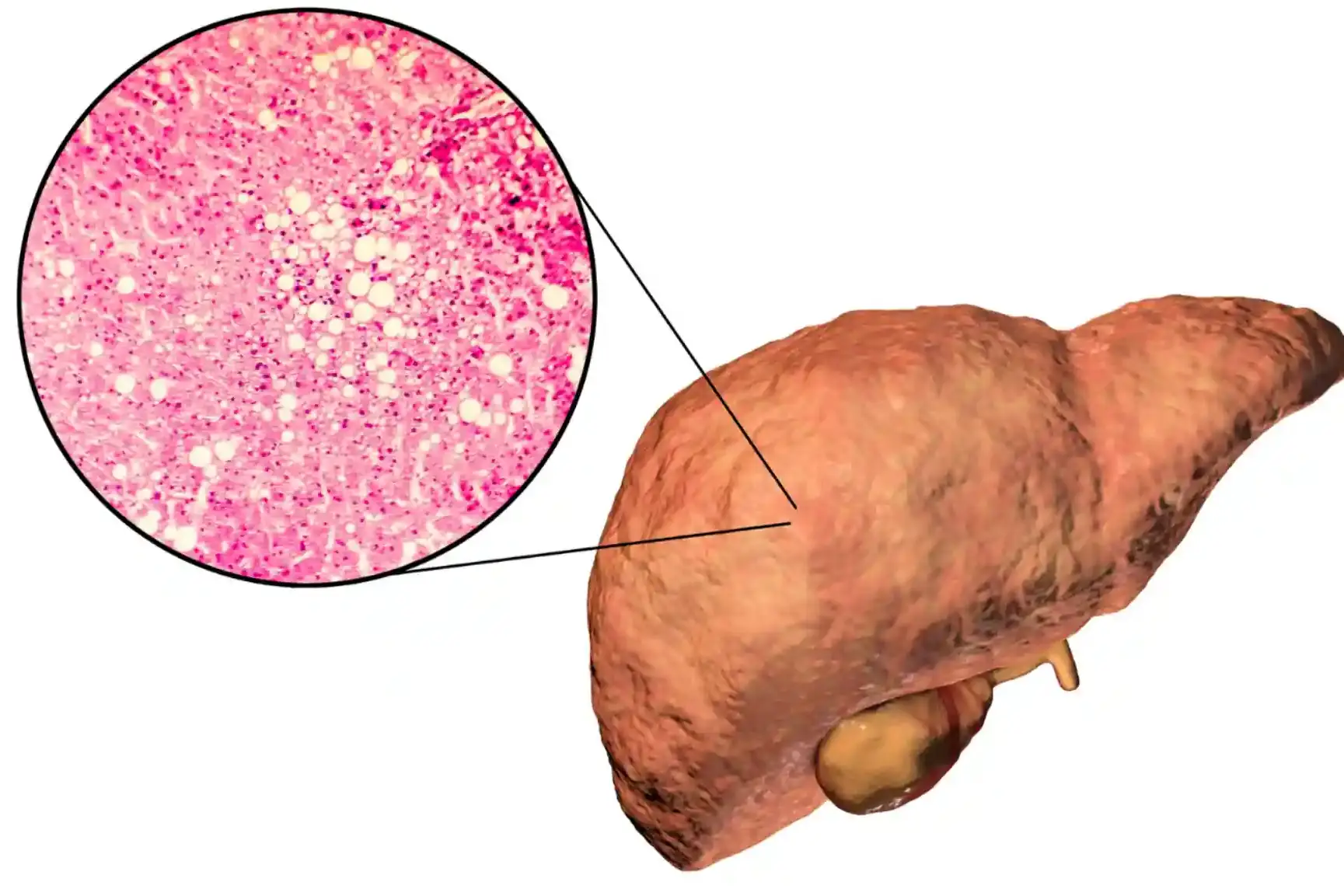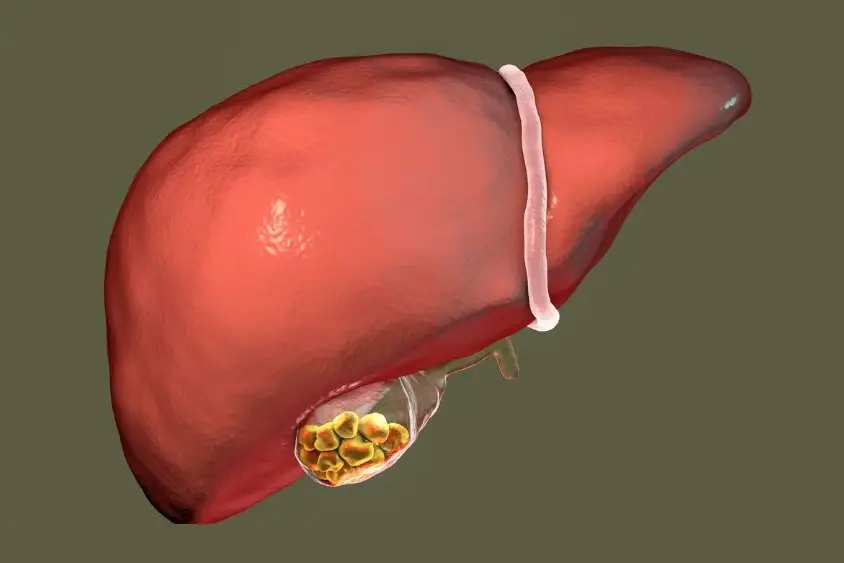Fasting has been around for thousands of years among cultures and religions, serving a variety of purposes. In recent times, it has emerged as a means of enhancing one’s overall health and well-being. In this article, we will explore the health benefits of fasting and how it can improve the quality of your life.
What Is Fasting?
Fasting, in essence, is the act of abstaining from eating or drinking for a specific duration. It can manifest in several forms, such as intermittent fasting, time-restricted eating, and extended fasting. Intermittent fasting, for example, entails alternating between eating and fasting periods, such as 16 hours of fasting and 8 hours of eating. Time-restricted eating involves limiting the window of daily eating to a specific time, such as 12 pm to 8 pm. Extended fasting involves going without food for 24 hours or longer.
1. Improved Metabolic Health
Fasting has demonstrated its efficacy in improving metabolic health by reducing insulin resistance, lowering blood sugar levels, and decreasing inflammation. Insulin resistance is a state in which the body becomes less receptive to insulin, potentially leading to high blood sugar levels and diabetes. Fasting has been shown to improve insulin sensitivity, resulting in improved blood sugar control.
2. Lowers the Risk of Chronic Diseases
Studies have shown that fasting also mitigates the risk of chronic diseases such as heart disease, cancer, and Alzheimer’s disease. These diseases are frequently associated with inflammation, and fasting has been demonstrated to reduce inflammation in the body. Fasting has also been shown to reduce oxidative stress, which can lead to cellular damage and chronic diseases.
3. Weight Loss
Fasting has emerged as an effective weight loss strategy. During a fast, the body burns stored fat for energy, which facilitates weight loss. Fasting has also been shown to suppress appetite and enhance metabolism, further aiding in weight loss.
4. Optimized Brain Function
Fasting has been shown to optimize brain function by increasing the production of brain-derived neurotrophic factor (BDNF), a vital protein required for the growth and survival of brain cells. BDNF is essential for learning and memory. Fasting has also been shown to improve mood and alleviate anxiety and depression.
5. Longevity
Studies have demonstrated that fasting increases lifespan and improves healthspan, which is the period of one’s life during which they are healthy and free of disease. Fasting has been shown to increase the lifespan of animals and leads to improvement in age-related ailments in humans.
Conclusion
In conclusion, fasting offers numerous health benefits, including enhanced metabolic health, reduced risk of chronic diseases, weight loss, optimized brain function, and increased lifespan. Fasting can manifest in different forms and can be integrated into a healthy lifestyle. However, it is crucial to consult a healthcare professional before starting a fasting regimen, especially if you have underlying medical conditions.
About The Author

Medically reviewed by Dr. Nivedita Pandey, MD, DM (Gastroenterology)
Senior Gastroenterologist & Hepatologist
Dr. Nivedita Pandey is a U.S.-trained gastroenterologist and hepatologist with extensive experience in diagnosing and treating liver diseases and gastrointestinal disorders. She specializes in liver enzyme abnormalities, fatty liver disease, hepatitis, cirrhosis, and digestive health.
All content is reviewed for medical accuracy and aligned with current clinical guidelines.
About Author | Instagram | Linkedin





